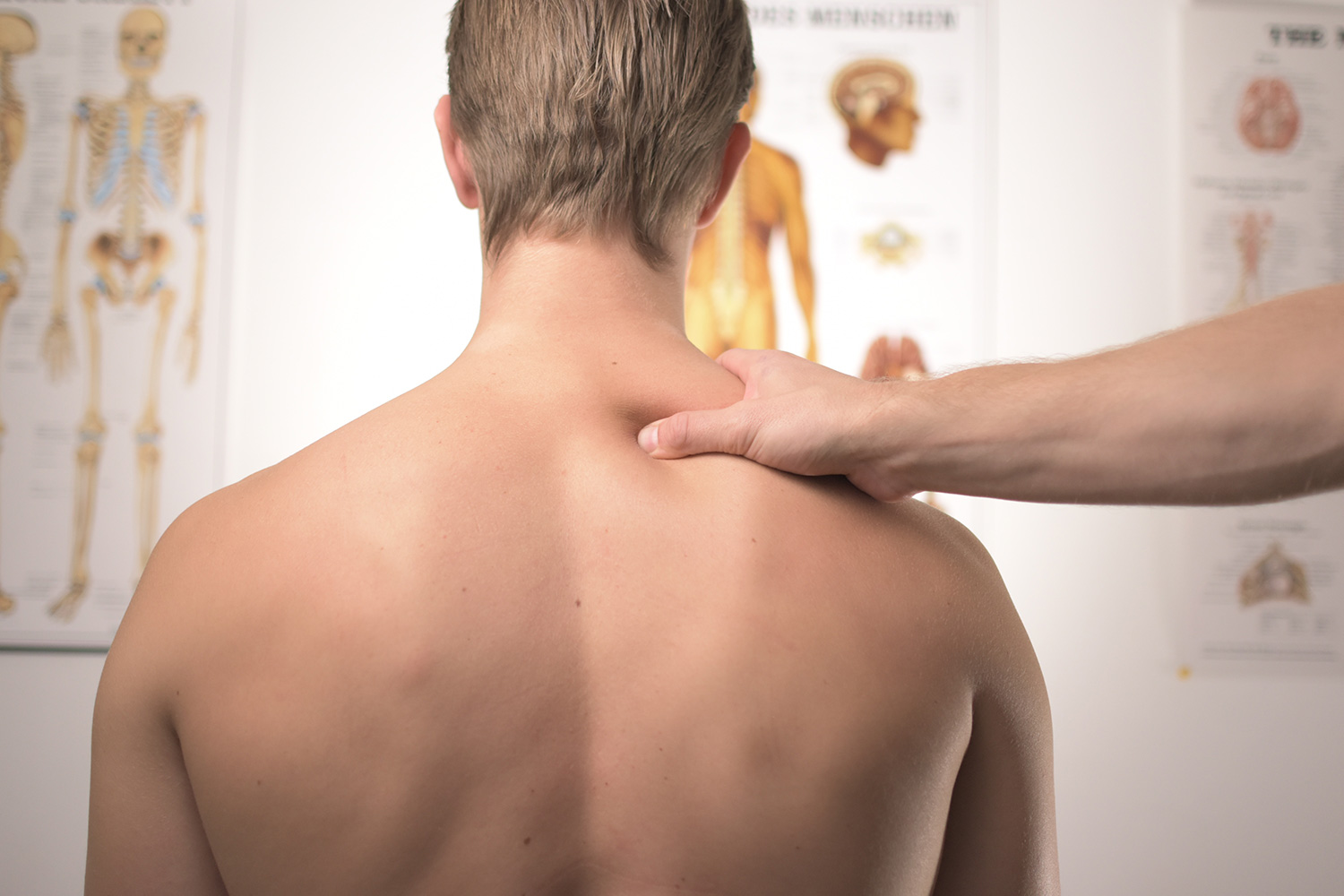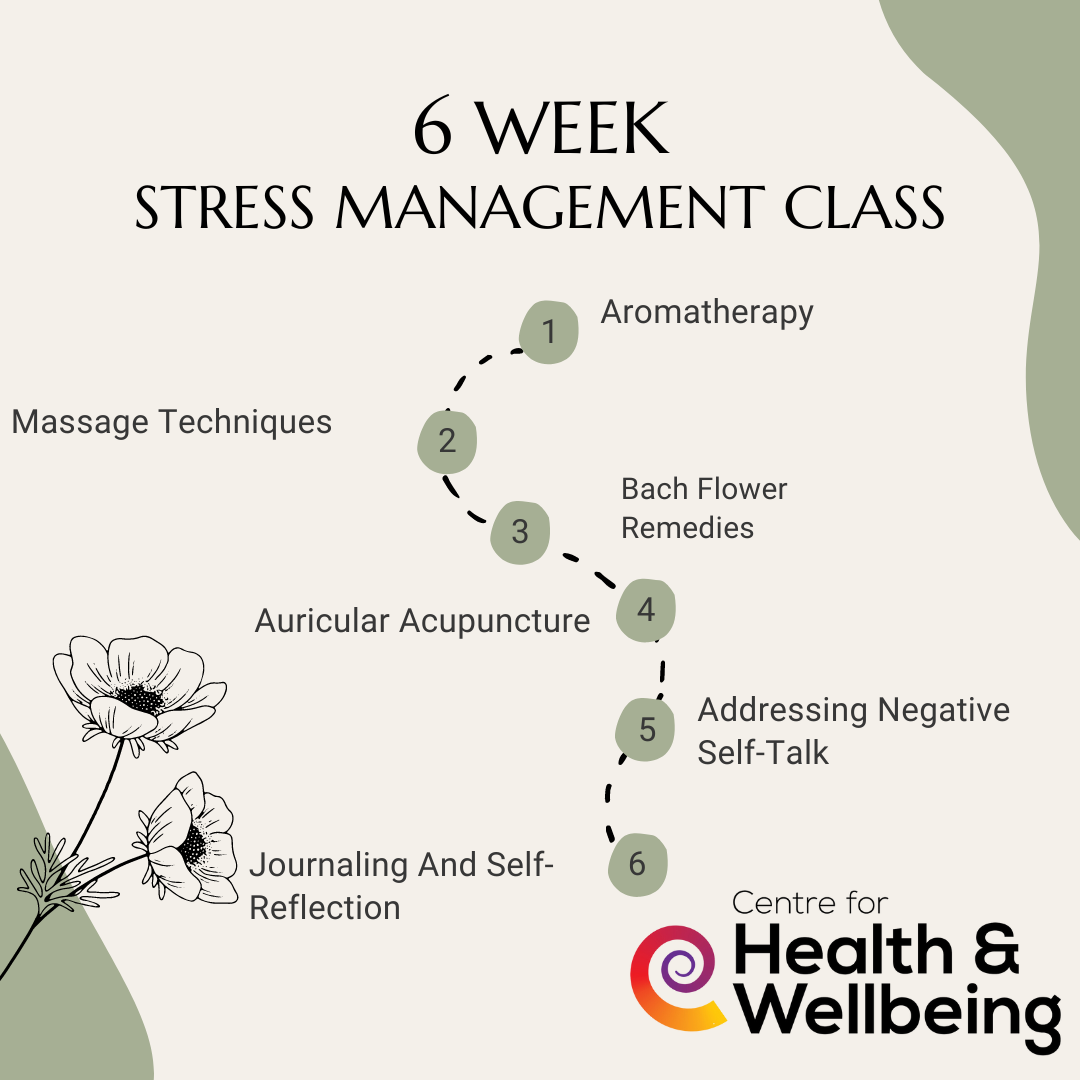The past decade has seen a dramatic increase in the reported use of complementary therapies by the public, but little general research exists. This is an introductory piece of research into the use of complementary therapies in the Upper Springfield area. The economic impact of mental disorders is wide-ranging, long-lasting and enormous. These disorders impose a range of costs on individuals, families and communities.
A total of 51 clients took our survey, 42 (82%) of which were female and 9 (18%) male. The age of responders ranged from a minimum of 26 to a maximum of 81.
90% of responders rated the services received at the Centre for Health and Well Being as excellent. 35% of responders did not take medication before treatments with the Centre. Pertaining to responders that did take medication prior to treatments, 76% are still using the medication at GP’s recommendation, 18% are using less medication with GP’s approval, and 12% have reduced their use of self prescribed medication.
94% of responders reported that the service at the centre was very helpful to him or her as an individual. 47% of responders reported that the service greatly improved his or her health. Of the 2% who responded to say it had no impact, we’ve set up contact meetings to determine what more we can do to support these clients. Over 70% of responders agreed that the service helped alleviate stress, promoted more relaxation, and induced a sense of calm and well-being. Over 50% of responders reported that the service brought about a better quality life. 63% reported being happier and 35% experienced less pain. The most widely reported effective treatments for clients were reflexology and massage therapies (Aromatherapy, Indian head, Swedish). Both therapies were reported as one of the most personally effective treatments by 65% of clients, while acupuncture was reported as such by 24% of responders.
80% of responders listed mental and physical health as a key priority for the community and 63% listed young people as a key priority. 55% listed housing as a key priority for the community and at least half (51%) identified poverty as a major issue. 86% and 76% of responders thought that Complementary Therapies and Counselling, respectively, would help meet those needs. 57% thought education in general would help address the community’s key priorities.


